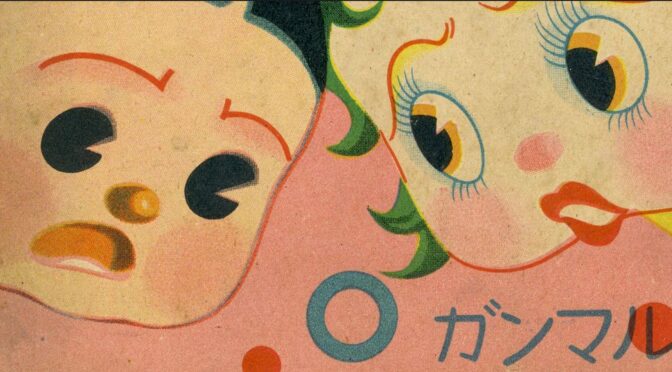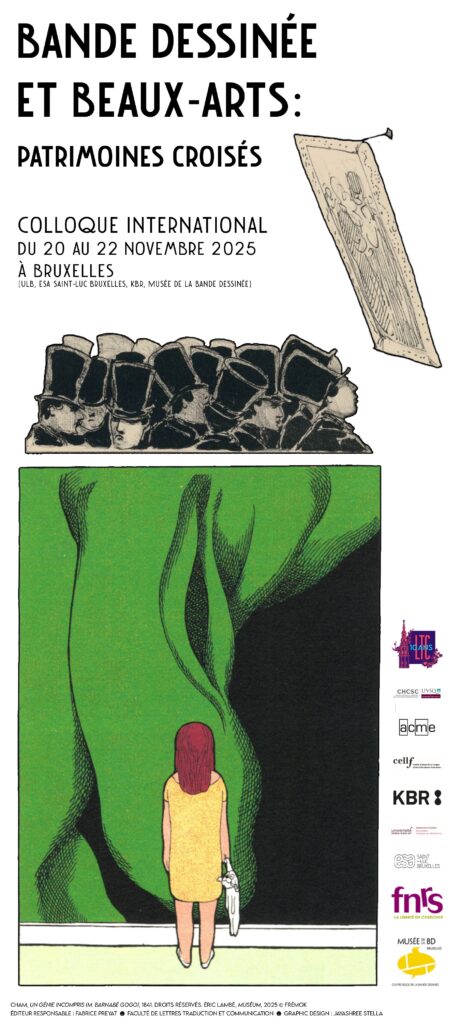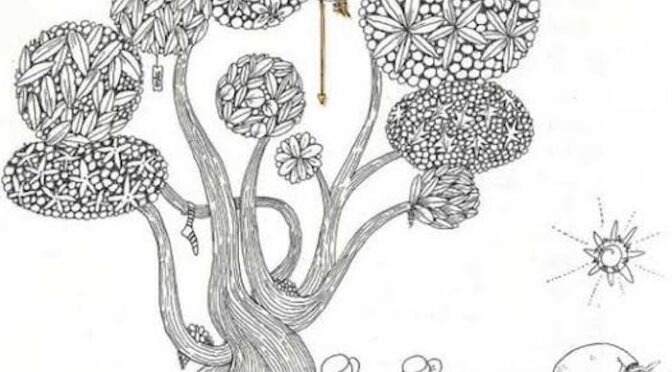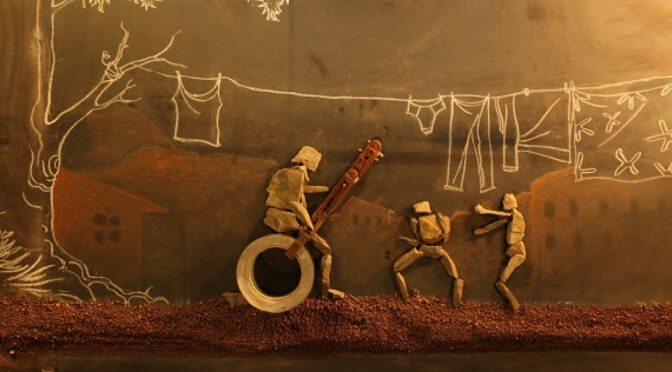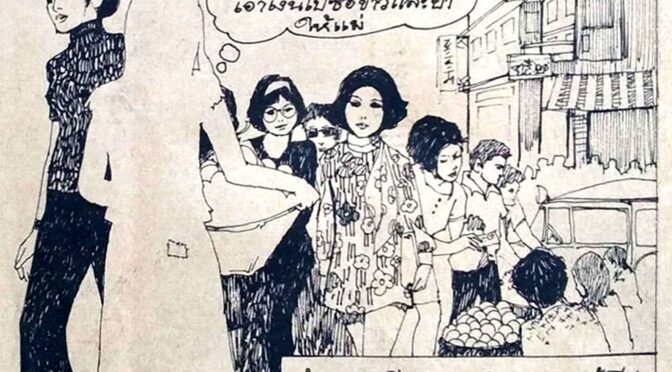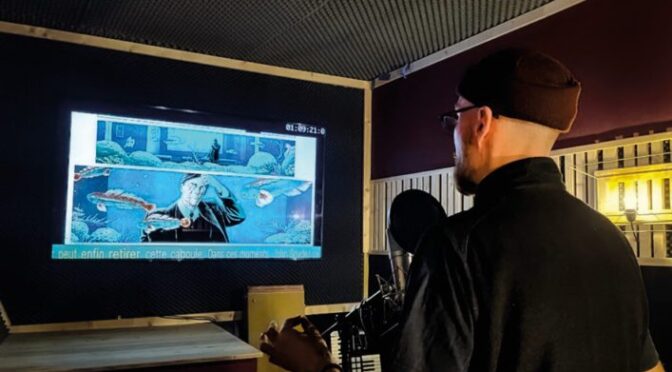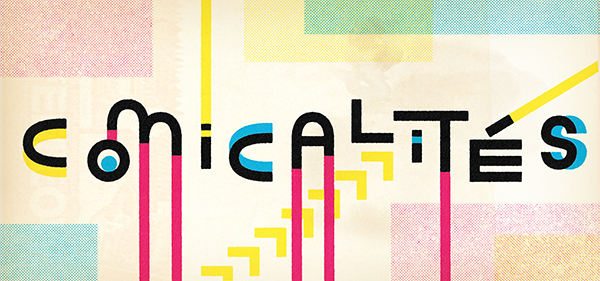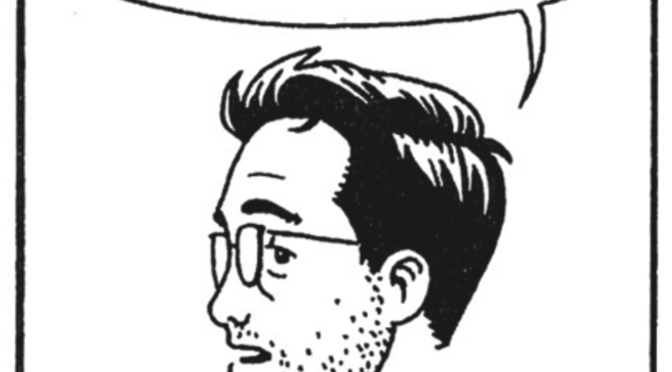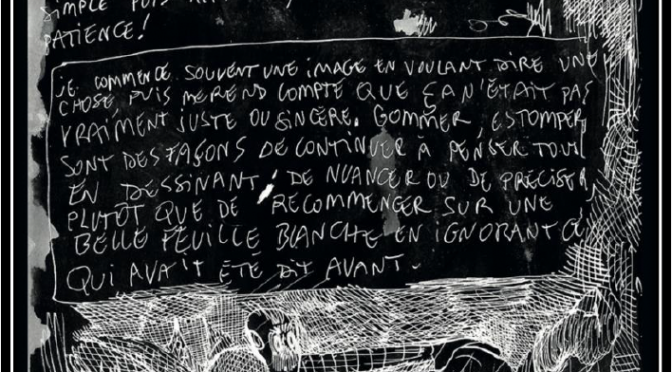Manga’s First Century: How Creators and Fans Made Japanese Comics, 1905-1989
Book talk by Andrea Horbinski
Thursday 27 November 2025 – 18:00-20:00
Université libre de Bruxelles, Campus du Solbosch, salle Baugniet (Bâtiment S)
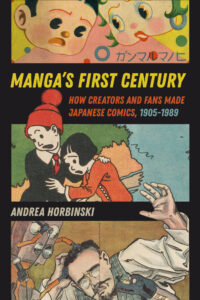
In Manga’s First Century: How Creators and Fans Made Japanese Comics, 1905-1989, Andrea Horbinski explores the rise of manga as a distinct medium in Japanese society in the 20th century. Beginning with the new use of “manga” to refer to high-collar political cartoons in the 1890s, she traces manga’s development across formats through newspapers, magazines, and books as creators sought to expand the medium in the face of challenges ranging from state repression under the imperial government to perpetual editorial stubbornness. Continuer la lecture de ACME Speaker Series – Andrea Horbinski
